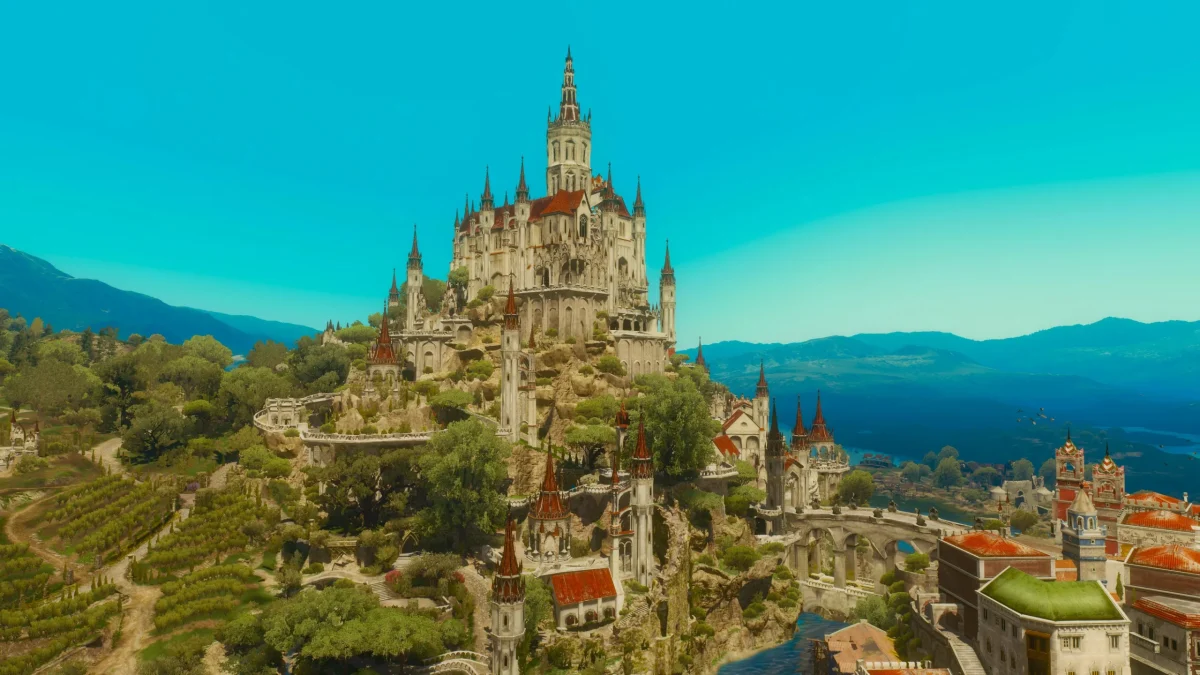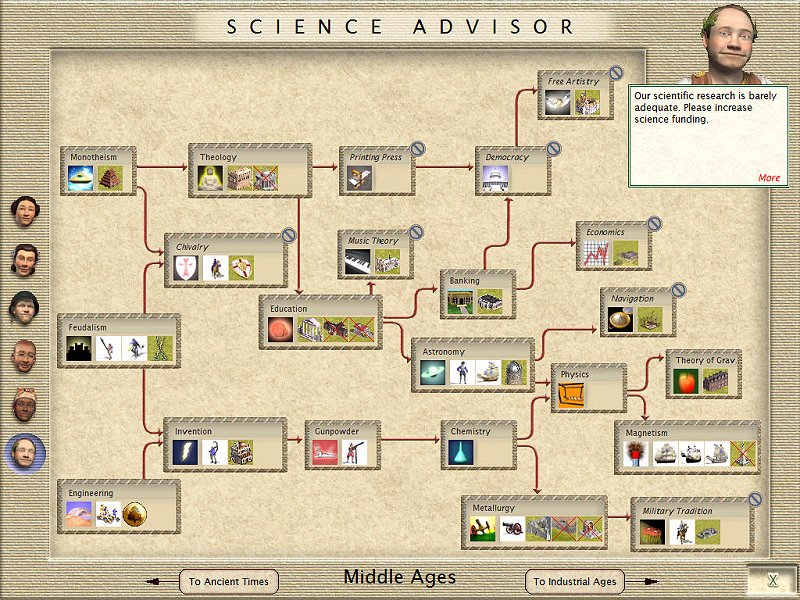In video game design, the deliberate reuse and reinterpretation of architectural elements can function as a form of digital spoliation, evoking historical continuity, cultural layering, and the passage of time within virtual worlds. Spoliation refers to the deliberate reuse of architectural elements, sculptures, or other materials from pre-existing structures in new constructions or artistic contexts. […]


